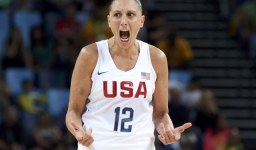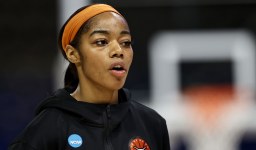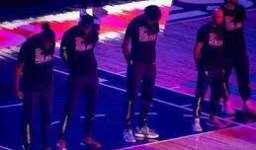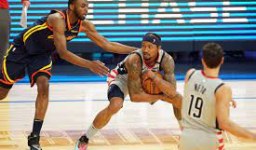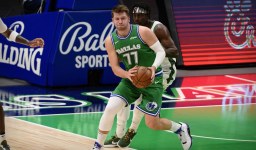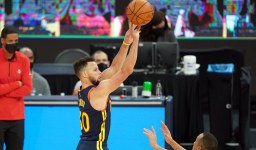By Christen McCurdy
Former Boston Celtics guard and coach K.C. Jones has died, according to a spokesman for the team. He was 88.
According to Celtics spokesman Jeff Twiss, Jones died Friday of Alzheimer’s disease.
Jones played nine seasons in the NBA, all with the Celtics, from 1959 to 1966, and won titles in eight of them — the third most in league history, behind only teammates Bill Russell and Sam Jones.
After retiring from the Celtics, Jones coached basketball at Brandeis University and then became an assistant coach at the pro level for various teams, returning to the Celtics organization in 1977 as an assistant coach under Bill Fitch.
In the mid-1980s, under Jones’ coaching, the Celtics reached the NBA Finals four straight seasons (1984-87) and won titles in 1984 and ’86.
“K.C. was the nicest man I ever met, he always went out of his way to make people feel good, it was such an honor to play for him,” said Larry Bird, the team’s forward during the Celtics’ winning 1980s run. “His accomplishments are too many to list, but, to me, his greatest accomplishment was being such an outstanding person to all who had the privilege of knowing him, I will miss him dearly.”
After leaving his job as the Celtics’ coach after 1987, working in the team’s front office and later taking on coaching jobs in Seattle and Detroit.
Jones’ Celtics jersey number — 25 — has been retired. He was inducted into the Pro Basketball Hall of Fame in 1989.
“He made his teammates better, and he got the most out of the players he coached,” said a statement from the Celtics organization. “Never one to seek credit, his glory was found in the most fundamental of basketball ideals – being part of a winning team. The Celtics family mourns his loss, as we celebrate his remarkable career and life.”
The 6-foot-1 point guard is better remembered for his defense and for being a team player than for flashy stat lines.
”I just didn’t see how a man who shot as poorly as K.C. could stay in the NBA,” recalled Bob Cousy, the Celtics point guard whom Jones backed up initially and then replaced when Cousy retired. ”I really didn’t think his other skills would be enough to keep him around. But I was wrong. The man turned out to be amazing on defense and eventually learned to score enough so that rival teams couldn’t afford not to guard him.”




